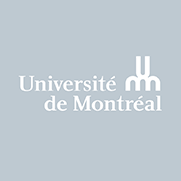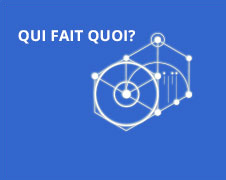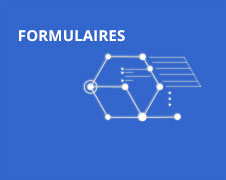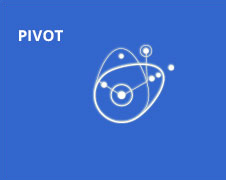
Till Van Rahden
Histoire de l'Europe moderne et de la démocratie
- Professeur titulaire
-
Faculté des arts et des sciences - Département de littératures et de langues du monde
Pavillon 3744, rue Jean-Brillant, room 515-56
- Chercheur
-
Faculté des arts et des sciences - Centre d'études et de recherches internationales
Media
Communication with the media
Privileged media
- Presse écrite (imprimé, numérique)
- Radio
- Télévision
Languages
- Anglais, Oral
- Français, Oral
- Allemand, Oral
Expertise for media
I held the Canada research chair in German and European Studies from 2006 to 2016. I am developing a new research program to contribute to the writing of a cultural history of the political with an emphasis on the history of civil society, diversity, and democracy in Europe since the French Revolution. I aim to promote a broad understanding of the political, to historicize the boundary between the private and the public, and to explore the nexus between political ideas and agency in the public sphere. Although these questions are particularly pertinent to German and European history in the nineteenth- and twentieth centuries, my research program would contribute to global discussions about the possibility of writing a history of democracy, pluralism, and civil society that addresses what seems to be a growing uncertainty about the viability of a liberal democracy.
I am working on a monograph, tentatively titled "Bringing Democracy to Daddy: Changing Conceptions of Paternal Authority in West Germany, 1945-1970." The search for new forms of fatherhood was, I argue, not only often couched in religious terms but also central to the cultural and political transformations in Germany between the early 1950s and the mid-1960s. A decade before “1968,” men and women rejected authoritarian fatherhood and began to embrace what contemporaries labelled “democratic fatherhood,” a softer and more emotional form of masculinity that would provide the basis for both a democratic family and a democratic society.
To explore key episodes in the cultural history of the political in modern Europe, I propose three distinct areas of inquiry, the relationship of democracy and violence in the “Age of Extremes,” the fragile and contested renaissance of democracy in postwar Western Europe, and the tension between equality and difference since the Enlightenment.
Disciplines
- History
- Literature
- Sociology
- Political Science
Areas of expertise
- Arts, Literature and Subjectivity
- Political Regimes (Democracy, Monarchy, Federalism, Parliamentarism, etc.)
- Open Economy and Globalization
- Urban Spaces and Urbanity
Pour les questions relatives au Répertoire des experts à l’intention des médias, veuillez nous envoyer
un courriel à : nouvelles@umontreal.ca ou téléphonez au 514-343-6030.
Aide en ligne pour votre profil | Nous joindre
Le Répertoire des experts à l’intention des médias est propulsé par les données ![]() SADVR et est un projet du CENR.
SADVR et est un projet du CENR.


